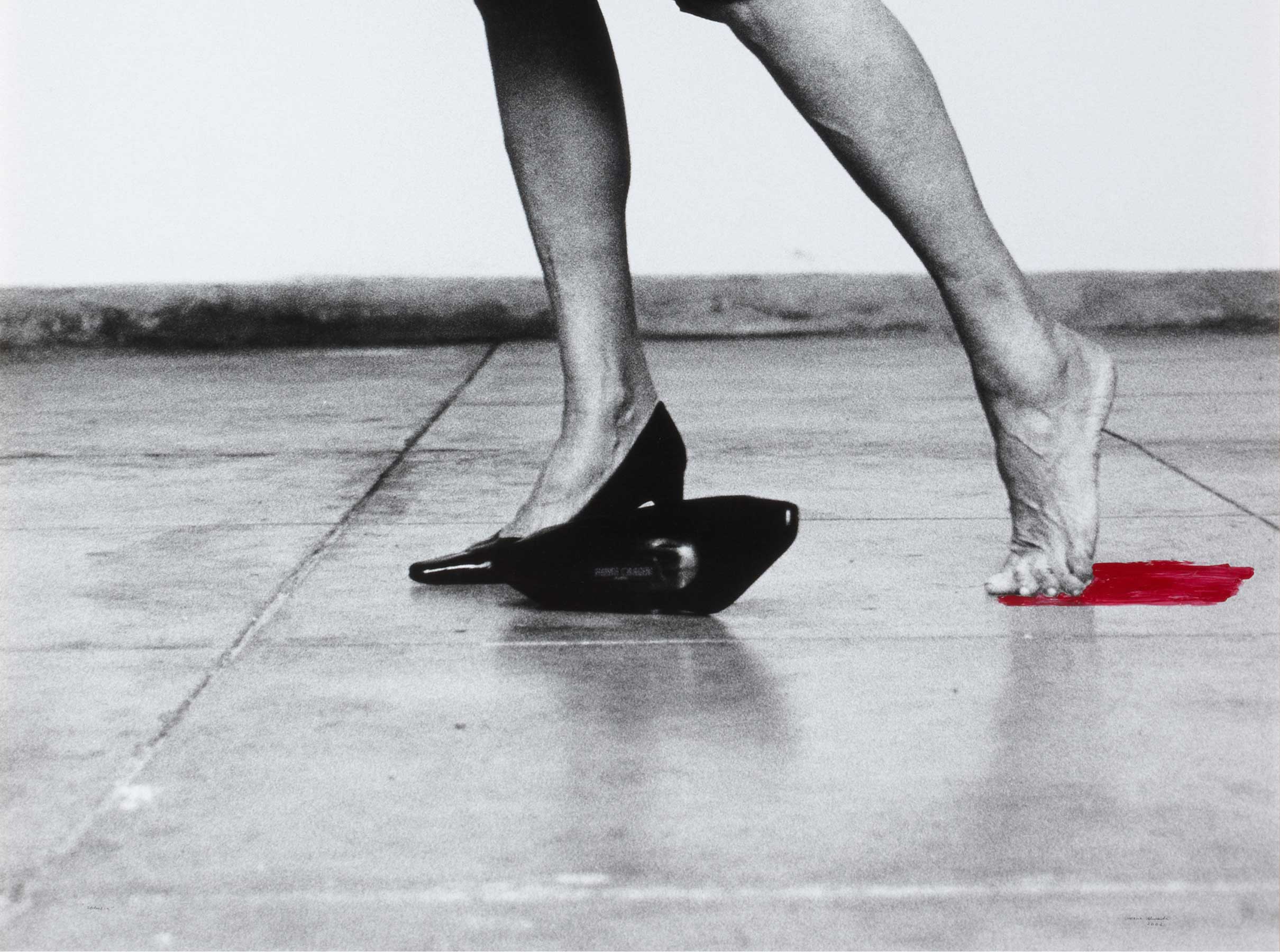The Ecliptic (La eclíptica)
- 2014
- Clock movement, aluminium, acrylic, LED lights
- 55 x 55 x 15 cm
- Edition 2/12
- Cat. R_179
- Acquired in 2024
The title of this piece refers to the Earth’s orbital plane around the Sun. To an observer on the planet’s surface, over the course of a year the Sun traces a line against a seemingly fixed backdrop of stars. The ecliptic’s perceived position changes depending on the observer’s location and serves as the basis for devising the calendar – which, through the climate, shapes our daily experiences – and astronomical coordinates, which ultimately help us determine our place in the Cosmos. It is one of the most intuitive phenomena illustrating the tension between the objective – where the Sun is positioned in the sky year after year – and the relative – our position in observing it. From its title, this piece invites us to think from a shared space that encompasses both a subjective “I” and an undefined “we.”
The Ecliptic features a clock with a black, opaque face and hands. Instead of numbers, seven words appear on the dial, lighting up unpredictably. At three o’clock, we find the noun “TIME.” Between seven and twelve, the verbs “freeze,” “figure,” “fold,” “free,” and “fix” appear, words all starting with the letter “f.” This selection creates an evocative poetics: time can be frozen, inferred, folded, freed, and fixed. The hands move silently and inexorably, driven by the electric energy born of human ingenuity and modernity. Punctuality, one of its conquests, is as essential to the railway system and industry as it is alienating for the worker subjected to its tyranny. Only poetry can challenge this regime, or at the very least, question the moral imperative of efficiency and productivity so closely allied with time.
Another word beginning with “f” hovers over all the others: “future.” Walter Benjamin, reflecting on Paul Klee’s Angelus Novus, casts a critical eye on the passage of time, where every seeming progression is marked by the accumulation of catastrophes and suffering. Rather than a linear narrative of prosperity and improvement, Benjamin sees history as a series of tragic events that the angel is forced to witness without being able to intervene. With a look of horror, the angel gazes at the past while being propelled irresistibly into the future by a storm he calls “progress.” This tempest drives him forward, preventing him from pausing to ameliorate the disasters and ruins left behind.
In 2007, in a work titled Fragments from a Communist Latento, Raqs wrote: “It is not desirable for the future to be held captive by the present.” This poetic ambiguity navigates the multitude of futures possible. Their struggle against determinism is rooted in tools that are as imprecise as they are powerful. Raqs expands the universe of discourse, celebrating its multidimensional nature not only by exploring paths but also by generating tools through imagination and speculation that force the emergence of new avenues. They are meticulously indeterminate, projecting a broad field of action where individual and collective, and emotional and political elements intersect. All of this permeates The Ecliptic and its complex definition of time. Through its multiple conjugations, the piece emphasizes change, transience, and the “not permanent” that flows alongside time itself. It thus challenges the established order, or at least the utilitarian sense of it. It counts on flow, constant replacement, and the passing from some to others. In light of what the piece posits, it matters little whether what is imagined can actually happen, as, in fact, it is already happening by being articulated.
Other works by Raqs Media Collective

